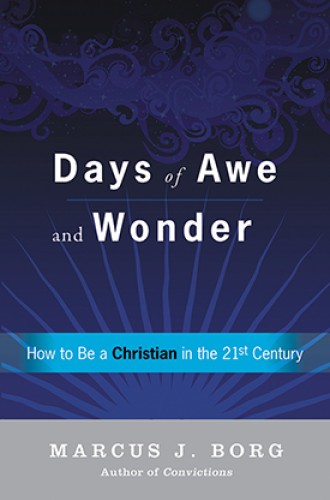The binary Christianity of Marcus Borg
Borg knew the way out of authoritarian faith. But did he know the way home?
When the celebrated New Testament professor Marcus Borg died in 2015, he left behind a legacy not only of scholarship but also of devotion. One prominent pastor called him “a great prophet” and said of him, “Marcus Borg changed forever the way we think about God.” Another pastor called him “a breath of fresh air in the musty halls of Christian scholarship.” Borg won praise like this mainly because his account of the historical Jesus and the nature of Christianity were seen as a bridge leading out of brittle orthodoxy into a more open, intellectually honest, and compassionate form of faith. “Marcus Borg,” trumpeted a progressive blogger, “is the reason I fell back in love with Jesus,” alluding to the title of Borg’s most popular book, Meeting Jesus Again for the First Time.
For much of his academic career, Borg taught religion and culture at Oregon State University. His more than 20 books have sold hundreds of thousands of copies, he lectured around the world both in houses of worship and at scholarly symposia, and he was a significant figure in the Jesus Seminar and a pioneer in the loosely held movement that is sometimes called “progressive Christianity.”
The appearance of a posthumously published collection of Borg’s essays, lectures, and sermons, Days of Awe and Wonder: How to Be a Christian in the 21st Century, affords the opportunity to review the span of Borg’s thought and to assess its cogency and lasting impact. Most of the chapters are highlights from Borg’s earlier books, combined with several sermons and lectures and two new pieces: a tenderly written foreword by his widow, Marianne Borg, and the moving eulogy delivered at Borg’s memorial service by Barbara Brown Taylor. Speaking for many, Taylor said with appreciation, “Marcus poured himself into many books and talks, all seeking to move us from secondhand to firsthand religion.”





